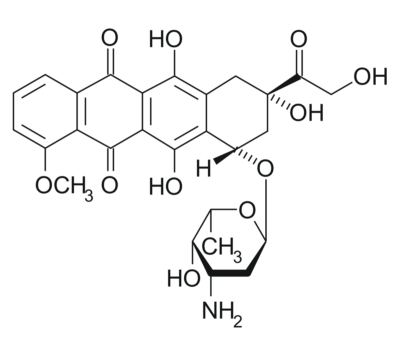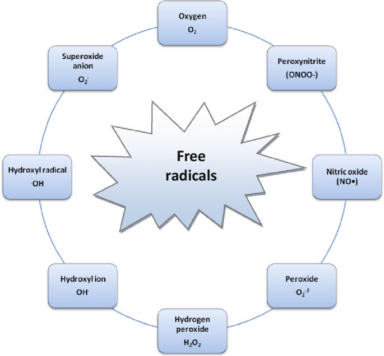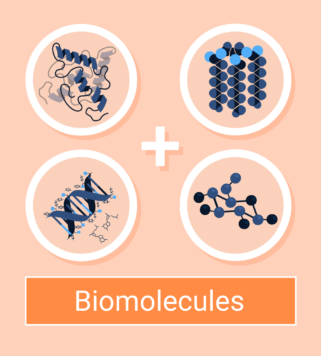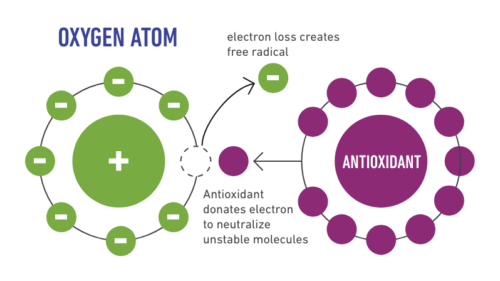Poly-hydroxylated C(60) fullerenols (C(60)(OH)(n)) have attracted much attention in biomedical research, due to a variety of biological activities. However, the studies investigating the genotoxic effects of fullerenols are still insufficient. The aim of the present study was to analyze the genotoxic and antigenotoxic potential of fullerenol C(60)(OH)(24). The investigation was carried out with mitomycin C (MMC)-treated and control Chinese hamster ovary cells (CHO-K1), using the chromosome aberration (CA) assay and the cytokinesis-block micronucleus (CBMN) test. Cells were treated with fullerenol nanoparticles, which are well known for their antioxidative properties and cytoprotective effects, both in vivo and in vitro. Our study showed the absence of genotoxicity of fullerenol in a wide range of concentrations (11-221 microM). Fullerenol mediated the decrease in the frequency of micronuclei (MN) and chromosome aberrations compared with the controls at all endpoints examined. A dose-dependent decrease of MN frequency was found 24h after treatment with fullerenol, in contrast to the outcome of the CA assay. Cell proliferation was equally influenced by fullerenol. The majority of aberrations were of the chromosome-type. Our results show that fullerenol does not induce genotoxic effects, and that it protects both non-damaged and MMC-damaged CHO-K1 cells.
Related researches 23 articles























